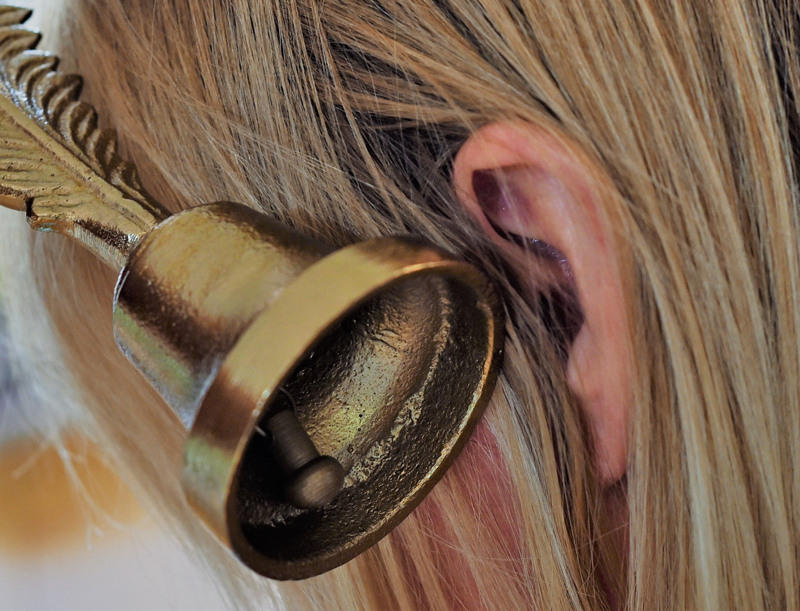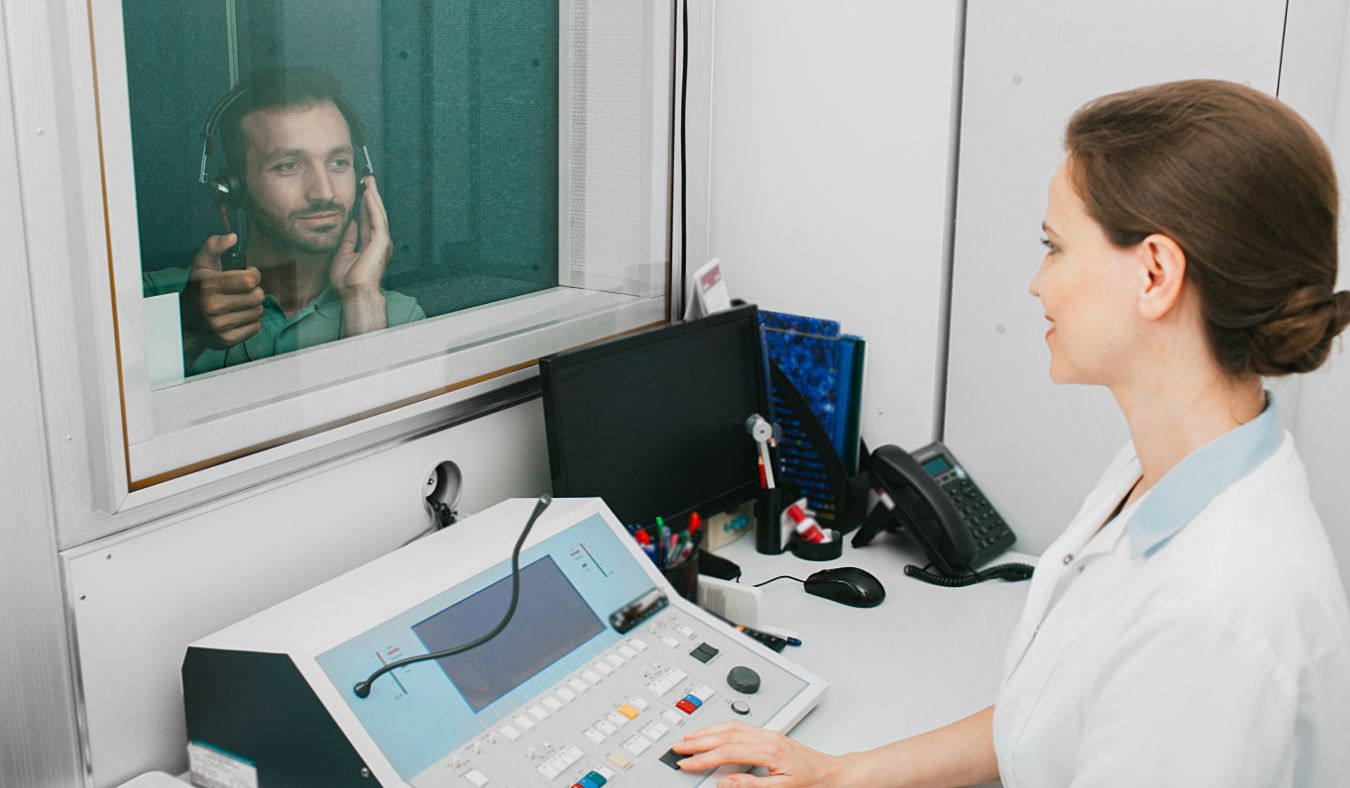What is ‘Cookie-Bite’ Hearing Loss?
Cookie-bite hearing loss refers to a specific type of mid-range hearing
Now part of the Beltone Hearing Care Network, visit www.beltonesound.com for a complete listing of all locations


Cookie-bite hearing loss refers to a specific type of mid-range hearing

According to the National Council on Aging, 1.5 billion people globally

The realm of auditory health encompasses a range of conditions. These can